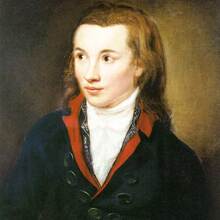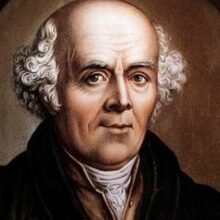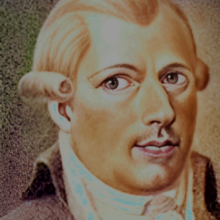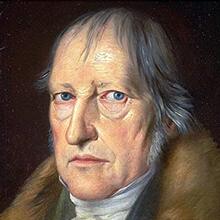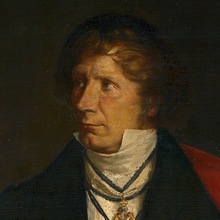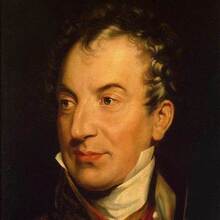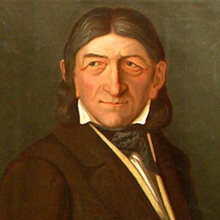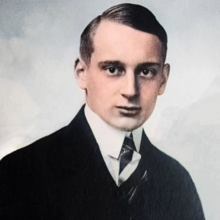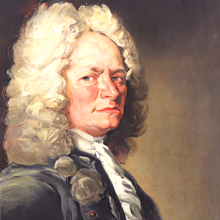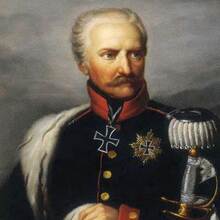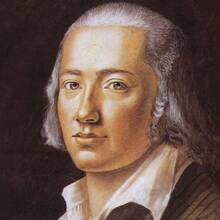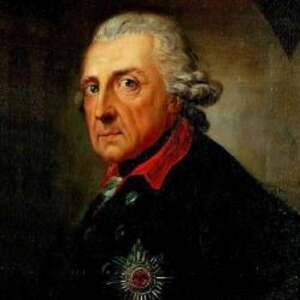
Personal
Other names:
Job / Known for:
King of Prussia and military leader
Left traces:
Reformed Prussian bureaucracy, civil service
Born
Date:
1712-01-24
Location:
DE
Berlin, Kingdom of Prussia
Died
Date:
1786-08-17 (aged 74)
Resting place:
DE
Death Cause:
Lung infection
Family
Spouse:
Elisabeth Christine of Brunswick-Wolfenbüttel-Bevern (m. 1733)
Children:
None
Parent(s):
Frederick William I of Prussia and Sophia Dorothea of Hanover
QR Code:
 My QR code:
Frederick the Great
https://DearGone.com/10872
My QR code:
Frederick the Great
https://DearGone.com/10872
Key Ownner:
Not yet supported by key owner
Show More
Rank
Users ranking to :
Thanks, you rate star
Ranking
5.0
1
Fullname
Frederick the Great
Fullname NoEnglish
Friedrich der Große
Slogan
Diplomacy without military might is like music without instruments
About me / Bio:
Show More
Article for Frederick the Great
Died profile like Frederick the Great
Comments:
